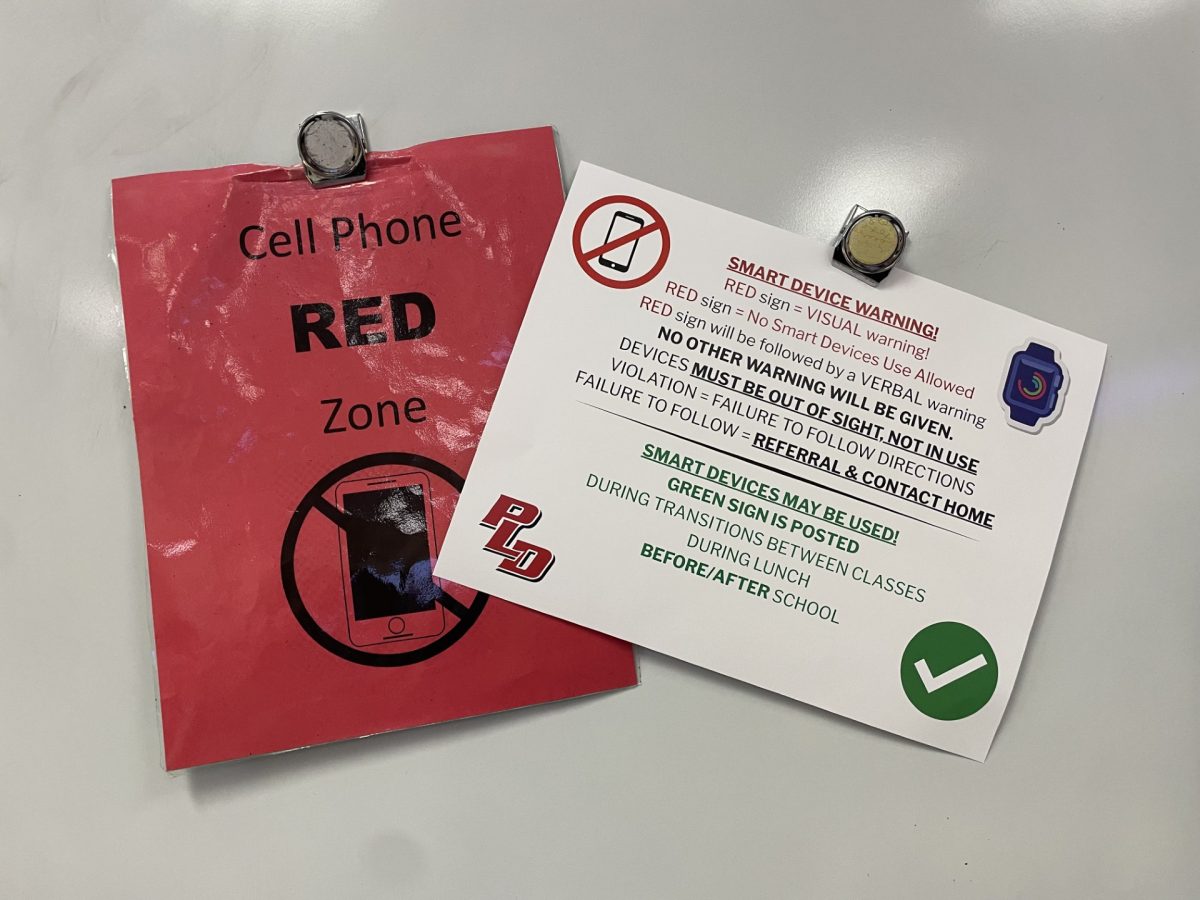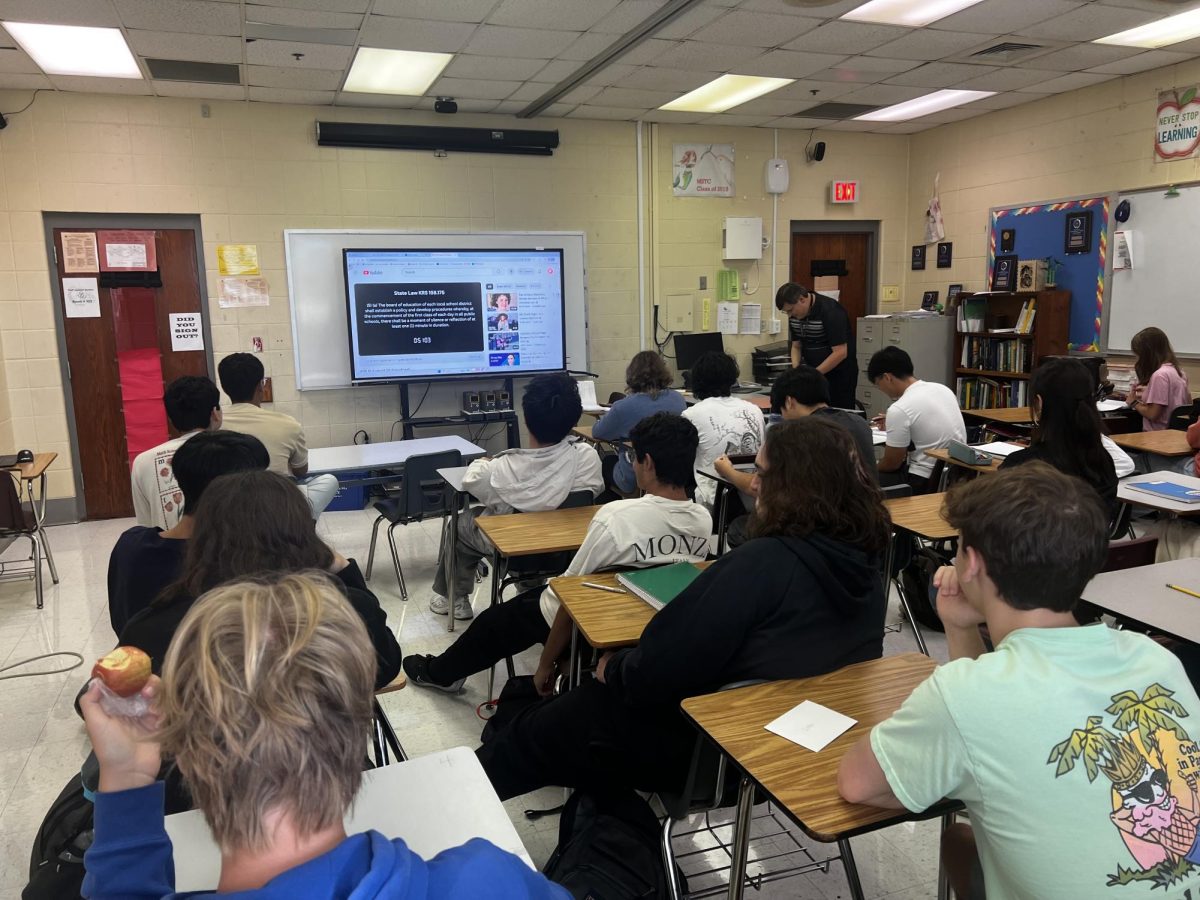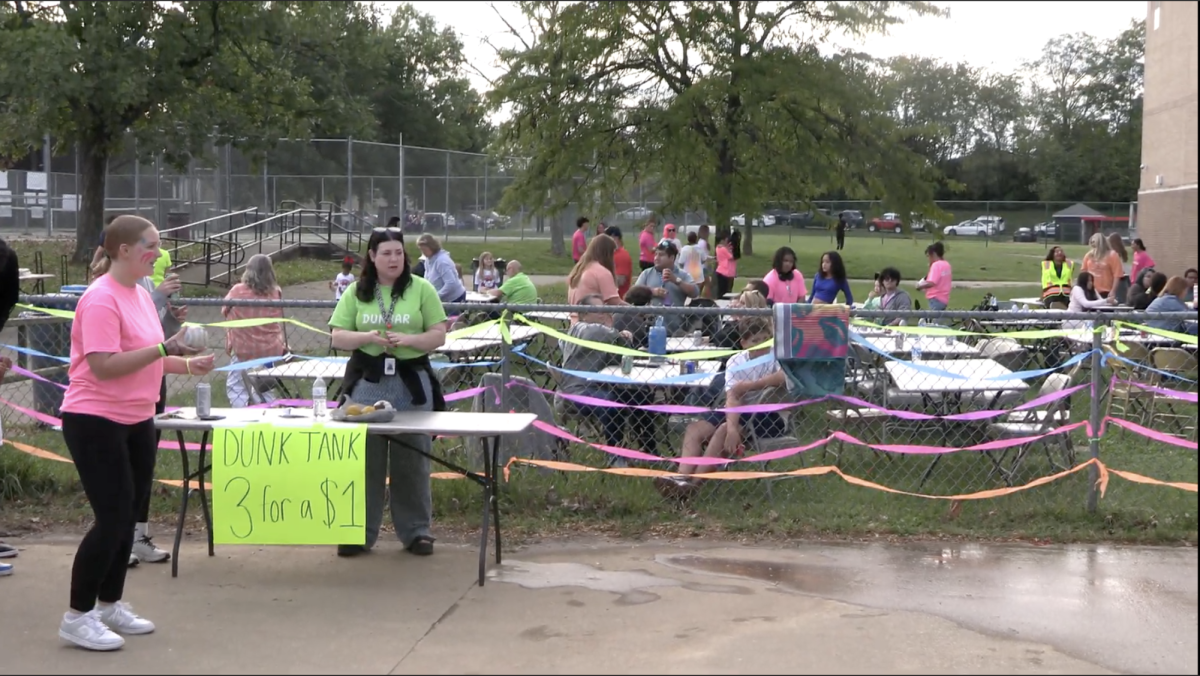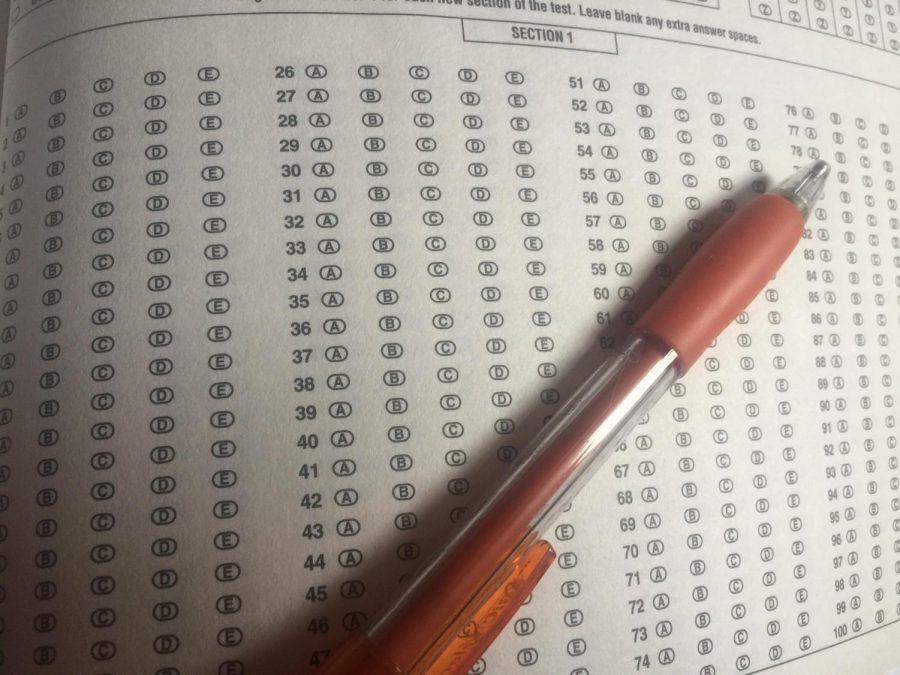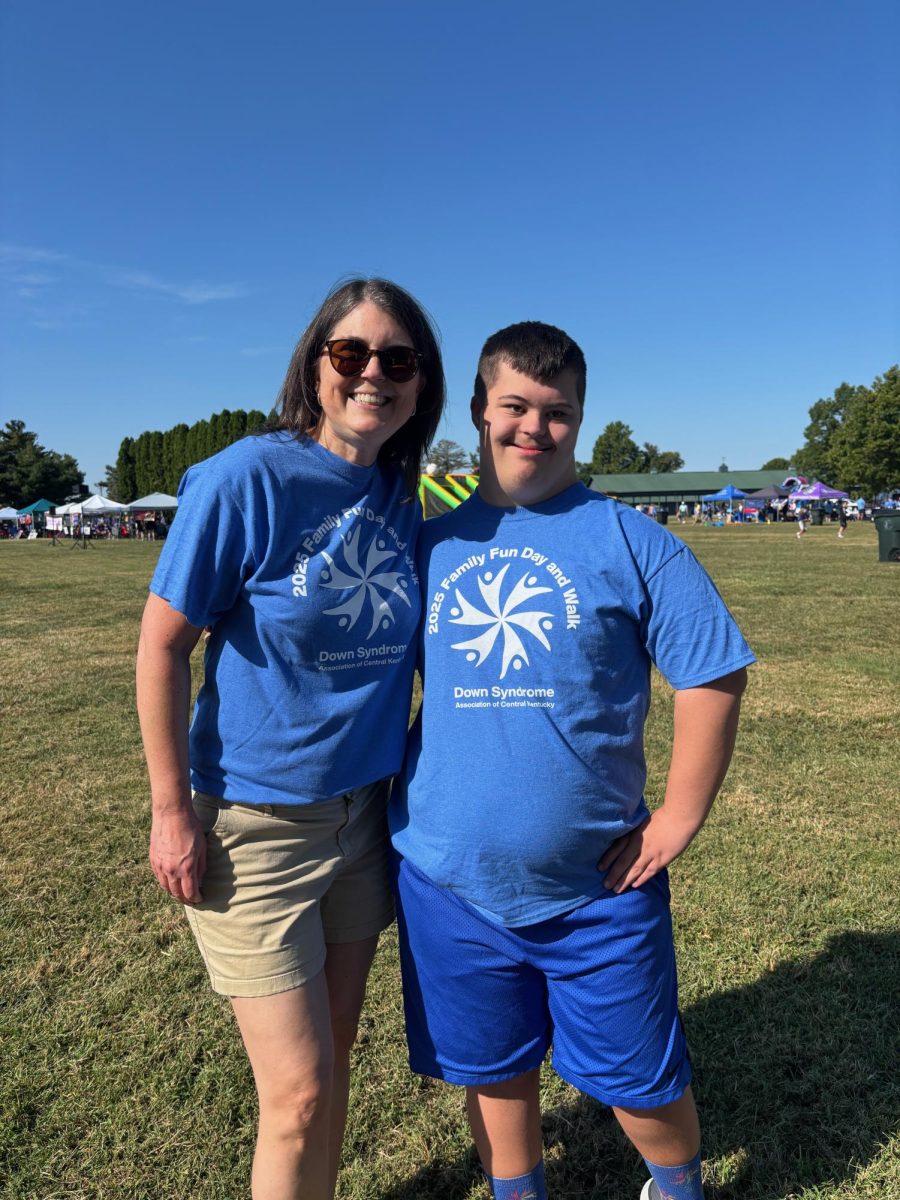As May rolls in, so does AP season, a time filled with flashcards, review sessions, and late-night cram sessions.
For high school freshmen, it marks their first taste of college-level pressure, and the transition can be intense.
While much of the focus is on the academic rigor of AP classes, the emotional growth that freshmen experience during this time often goes unrecognized.
“The jump from middle school to high school is drastic for most of my students who are taking AP classes, but I was able to witness growth academically and emotionally over the year, and it was even more prominent when I got back to them in their sophomore year,” AP Seminar teacher Sidney Durham, who formerly taught the class to freshmen, said.
By the time spring hits, many freshmen find themselves overwhelmed.
“I’m stressed, and it’s hard balancing the homework load along with extracurricular activities and studying,” freshman Pratika Diggikar said.
“I’m just convincing myself to push through the shock, telling myself summer is only a couple of weeks away.”
It is not only the students who are developing, but also the classroom environment. As the exam date gets closer, the classroom atmosphere tends to change.
Student group chats turn into support groups and pools of questions for the test, group conversations turn into therapy sessions, and teachers shift from teaching content to becoming emotional anchors for their students
“The transition of my role in the students’ lives was significant at the start of the year; they looked to me for validation, and now they look to me for a safe place where they can decompress,” AP Human Geography teacher Katie Bilkha said.
“The dynamic has become more supportive and academic-based lately,” freshman June Baker said.
“Everyone is trying to help each other, we are all facing the same challenges, and just trying to get through them together.”
No matter how strong the support network, the responsibility to manage stress lies with each student.
“I learned to cope with stress mainly by not being afraid to ask my teachers for help and having a support system from my friends,” freshman Reese Carpenter said.
“It was tough at first, but when you learn that balance of studying and everything else, it gets better. Just not being afraid to ask for help goes a long way,” she said.



